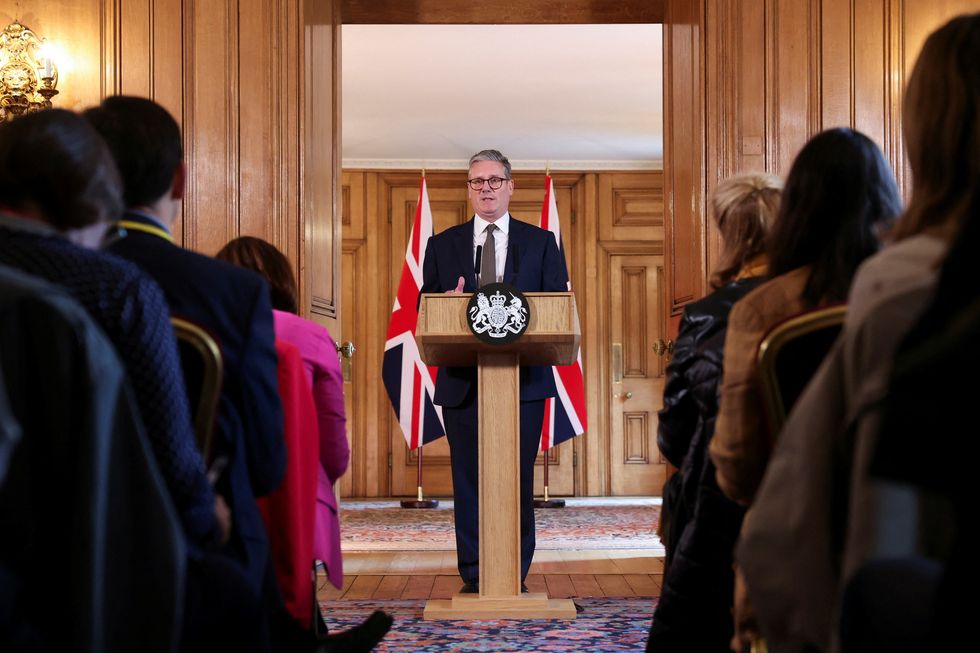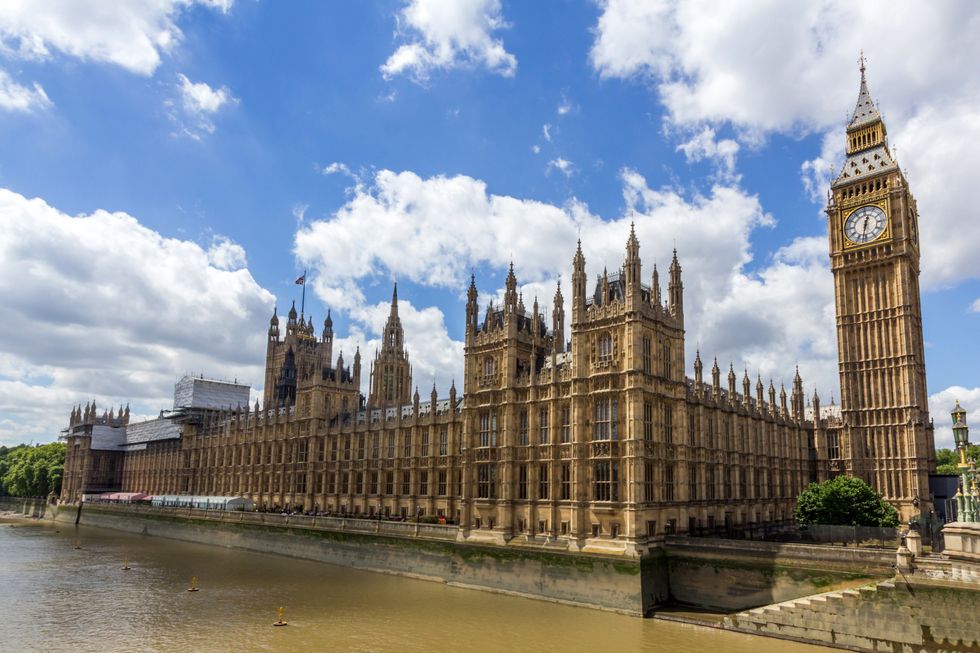Nigel Farage fumes at Labour’s devolution plans which could lead to local …
GB News
OPINION: Labour's plans to reorganise government during an economic crisis are absurd, says Sir Brandon Lewis.
Don't Miss
Most Read
Trending on GB News
We are watching the golden promise of localism and devolution corrode under the heavy, inexperienced hands of a new government. Introduced to achieve fiscal efficiencies for tax payers while ensuring local priorities could direct local decision making, today, Labour’s plan puts that promise at risk. Instead, a Frankenstein-esq patchwork of regions will be unceremoniously grafted together, shifting the very fundamentals of how good decisions get made and great things get done.
In the early 2010s, as the country reeled from a global economic shock, the argument I and others made for council devolution was grounded in fiscally sound logic that kept the fundamental importance of local decision making intact. We proposed a way to improve cost efficiency through smart management of back-office services while simultaneously keeping core decision making power about local issues in the hands of local leaders, who are locally accountable to the electorate. In combining the administrative nd negotiating power of councils, tax payer money could be saved as councilors worked collaboratively to achieve cost efficiencies.

Local decision making will lose its voice under Labour's plans.
Getty Images
This past December, Labour introduced its English Devolution White Paper which revealed a surprisingly larger hand in devolution than their election manifesto had promised. Labour’s vision is to vastly expand unitary councils thus drawing decision-making power away from local councils and local people towards regional leaders. Pitched as ‘streamlining’ the plan is a malign outgrowth of devolution in pursuit of untested, nebulous promises of greater efficiency.
Should Labour go ahead with their plan, an unwieldy assemblage of quasi-federalist regional authorities with “strong new powers” will take root. Decisions about housing, planning, energy and more will be siphoned away from communities and placed in the hands of leaders representing combined communities equaling upwards of 500,000 people. When questions arise about what to do with the empty lot next door, a decision will be made miles away at some regional HQ. In this world of concentrated regional power, conversations with neighbours lose value, connections to councillors fade away and those best suited to make local decisions based on local need will lose their voice. But it won’t stop there.

MP's capacity to represent constituents risks being undermined.
Getty Images
Faced with the emergence of these regional super-quangos, the broader legitimacy of representative authority within Westminster will most certainly come under scrutiny. The capacity of MPs to represent and champion the nuanced concerns of constituents risks being undermined. Growing deference will necessarily be made to regional leaders wielding expansive powers over a politically and geographically diverse electorate. The result? A bifurcation of accountability in the name of a yet-to-be proven level of efficiency; MPs may be left to wander the halls of Westminster with ever-diluted influence while regional leaders struggle to meet the granular, localised priorities of the areas they now oversee.
In choosing to pursue complete government reorganisation in the midst of an economic crisis, Labour has stepped to the very edge of absurdism. The evidence such a reorganisation will deliver the cost savings sought is tenuous at best. While the pursuit of cost saving efficiencies is needed, it should not come at the expense of local decision making. Devolution must be wielded skillfully, set to work in support of the pragmatic delivery of government services at scales amenable to local needs. As Labour steams ahead with their plan, we must prepare for the golden promise to turn into a bureaucratic bundle of red tape where local decisions go to get tied up and remain, perhaps, forever.








